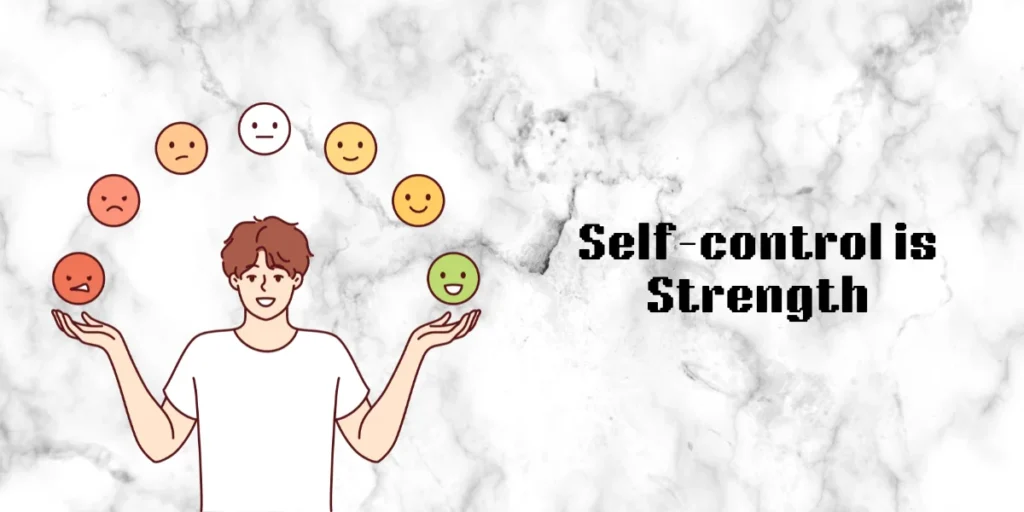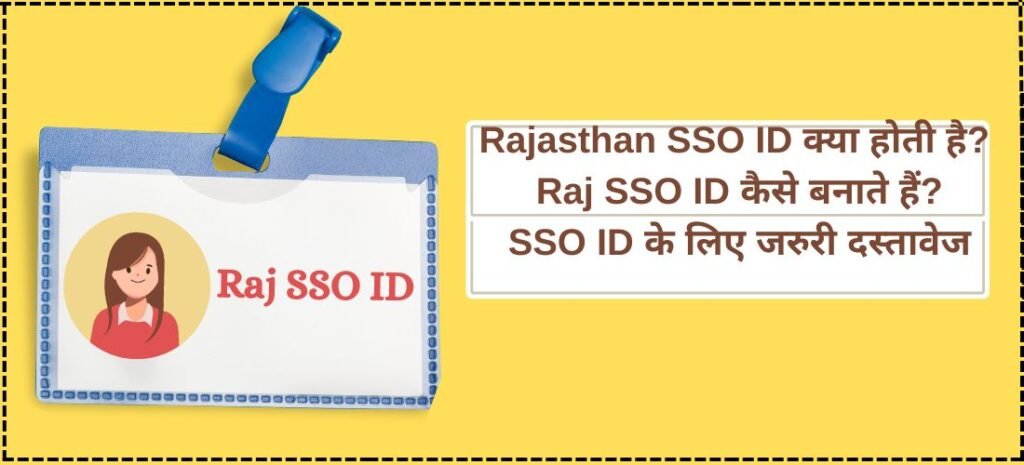
As the famous author James Allen quotes,” Self-control is strength. Right thought is mastery. Calmness is power”, it stands true in this ever-evolving world. These qualities not only make us more inhuman but also are the signs of a powerful person. In this chaotic and stressful world, self-control, calmness, discipline, right thoughts, and so on are the life skills that develop over time and are required to sustain in the present times.
While self-control is strength, calmness is mastery. Self-control is a skill that a person develops over time and calmness is something one needs to master over time. It is not an easy task to master these skills, but one can develop them through patience and regular practice.
The Theory of Self-Control
Self-control is a vast and profound subject and one needs to have detailed knowledge to understand it. There are primarily three types of self-control, ie., emotional control, impulse control, and movement control. Lack of these controls leads people to have emotional instability, impulsive reactions and decisions, and hyperactivity. To develop self-control in all forms needs patience and calmness.
Also Read:- Indira Gandhi Smartphone Yojana || How Did Mr Krabs Die?
Emotional Control
Emotional control is the ability to manage emotions and behavior and regulate them accordingly. Emotional control enables us to respond rather than react up to a certain level. It strengthens our ability to handle different situations and challenges while trying to achieve our goals and complete our tasks.
Our psychological state also affects our emotional control and often leads to a loss of control over it. Thus, it is also necessary to keep our psychological state in control and direct positivity towards it.
Impulse Control
Impulse control is the ability to counter sudden urges or impulses that could lead to negative consequences. These urges or behaviors at an extreme level can be harmful to oneself and others. People often face Impulse Control Disorder (ICD). These impulsive disorders can be in any form, like fighting, arguing, anger, stealing, and so on. Impulsive decisions also are the result of impulse control disorder.
Impulse control is a self-management social skill, which can be developed over time with patience and proper guidance. One may take the help of therapists to restore impulsive control.
Also Read:- Mygroundbizaccount features, Login & Registration Guide || Jan Soochna Portal Rajasthan
Movement Control
Movement control, usually called physical control, is considered not so serious in daily life but it is a consequential subject and needs to be addressed. The name itself implies its meaning, which is control over the body’s movements and actions. Movement control is a personal as well as social skill. These skills are highly observed when you are at a public place or gathering.
Movement control can be developed over time with a conscious and attentive mind. This control, however, needs to be developed from childhood.
Self-Control as a Strength

Times are changing rapidly, societal norms have changed, competition is high, and things are working fast. To survive and thrive in such a world is a difficult task and the power of self-control. Only when you have proper self-control and you have belief in calmness, you can achieve your goal. Hence you need both self-control and calmness as self-control is strength, calmness is mastery, and once achieved both you can achieve your goal.
Not only at the workplace but also in personal relationships you need to have self-control. In public spaces, you are surrounded by multiple people and require a certain level of self-control over your words, actions, behavior, feelings, decisions, etc.
In your personal relationships and personal bondings, self-control plays a major role. As it acts as a foundation of your manners, thinking, actions, or behavior, it needs to be managed adequately. It affects your health and well-being. Self-control is important for adaptation to new situations, leadership, personal integrity, and achievement of goals.
Also Read:- Indira Gandhi Shahri Rojgar Guarantee Yojana || Rajasthan Gramin Paryatan Yojana
Calmness is a Mastery
Calmness is a mental state when a person is free from agitation, disturbance, and excitement. Calmness is considered when a person is quiet and at peace, and no situation can distract them from their tranquility. A calm person is considered to be more mentally and emotionally stable and is reliable for decision-making and support.
Dalai Lama has said,” Calm mind brings inner strength and self-confidence, so that’s very important for good health.” Calmness allows us to listen to our inner voices, give birth to our inner strength, and make us confident. It is a set of individual skills that needs self-control and practice to master it. It helps an individual handle not only their personal but public life as well.
Calmness is like a superpower that you don’t get by birth but you need to master it by learning this skill. One can become super by learning the art of staying calm in any situation, be it irritating or disturbing or anything. This ability allows them to remain calm and composed, not things to mind and keeping the mind’s equilibrium constant.
Calmness is mastery suggests that keeping a composed and serene appearance reflects a great level of skill, wisdom, self-confidence, and control over oneself and situations. Those who master calmness often prove to be a better decision-maker and leaders. The emotional intelligence of a calm person is considered to be high, as they recognize and manage their as well as others’ emotions and are more emphatized towards other’s feelings.
Calmness is also helpful in communicating. A key to good communication as it enables us to open dialogue without resorting to arguments or aggression. It allows for clear expression and fosters mutual understanding.
Calmness and Self Control Go Hand in Hand
Calmness and self-control are closely related and impact growth in one another. It goes hand in hand and determines one’s personality. Both calmness and self-control are skills that can be cultivated over time through consistent practice and a profound understanding of the subject.
Calmness and self-control involve managing and conveying our emotions effectively. While calmness helps us to remain composed during the conversation, self-control helps in avoiding aggressive reactions and arguments. These skills also help in decision-making, as they let our inner voice speak and control our negative reactions and emotions. Achieving a goal requires both self-control and calmness to grow in the long run.
Both qualities enhance our interpersonal skills. Calmness makes us empathetic, and active listeners and allows us to understand others perspectives, self-control stops us from taking abusive and aggressive steps and making impulsive decisions. Hence both qualities make our lives pleasant and smooth, this incorporating the theory of “self-control is strength, calmness is mastery”, we can lead a prosperous and healthy life.
Hence, we substantiate the quote “Self-control is Strength, Calmness is Mastery” with this piece and hope it enlightens the masses.


